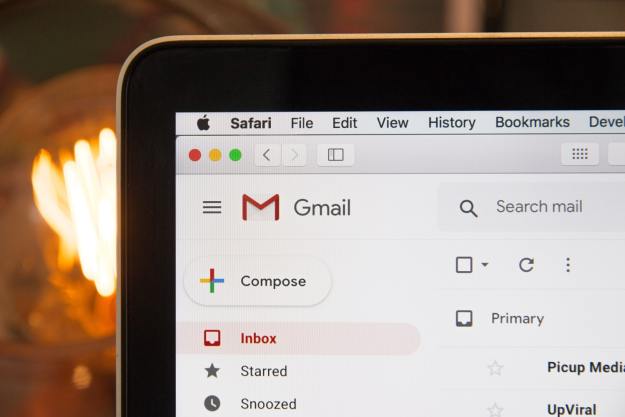
The fiasco that is Instagram’s terms of service just won’t die. On Monday, former Engadget editor in chief, and co-founder of Gdgt, Ryan Block penned an op-ed for The New York Times’ Bits blog entitled “Why I’m Quitting Instagram.” Block not only “suspended posting photos” to Instagram, where he had “almost 9,000 followers,” but also dropped Facebook, which of course now owns Instagram.
In making his account deletion public, Block hopes to make the point that “[w]e’d all be much better off simplifying our technological footprints and consolidating our trust in the few services that provide us the greatest value with the fewest unintended side effects.”
Block’s declaration follows a similar protest from Wired’s Mat Honan, who announced that he had “nuked” his Instagram profile within hours after the company’s fateful terms of service announcement – a position to which he held strong even after Instagram recoiled with an apology for the “confusion” over whether it would or would not sell users’ photos.
Block and Honan are apparently far from the only people who hold a grudge against Instagram: mobile application analytics firm AppData reported this past weekend that some 3.5 million Instagram users – about 25 percent of its total user base – deleted their profiles upon learning that the photo-sharing company could sell the use of their photos without permission. (Instagram later refuted these claims, saying that the number is much lower – and that 2.3 million new people joined the service during the same period.) Regardless of the exact numbers, it’s clear from the collective response that people don’t like their photos or data being used without their consent, as Instagram’s (and Facebook’s) terms of service still allow it to do, despite revisions to the document.
Like any other privacy-minded Web user, I applaud Block and Honan, and share in their discontent. But I’m still not deleting my Instagram or Facebook accounts – even though my principles clearly tell me I should – for one simple reason: These companies have already won.
Advertising and, as a result, data collection, form the foundation of the online economy. To make a lick of difference in how nearly every major Internet company – not just Instagram and Facebook – treat user data, we would have to stop using the Web entirely, and rebuild the whole tower from scratch. Simply deleting a profile or two does next to nothing to protect our online selves. And while you could install a privacy-protection browser plug-in, or use Tor or a VPN, such efforts appear to have zero effect on the ways in which online companies do business.
The idealist in me imagines a day when legions of the Web population suddenly realize that we’ve been had, that we are not simply users – we are the ones being used; then we all join in clicking the “delete” button. The companies will cower in the face of our wrath, and abruptly apologize for whoring us out to the highest bidder (or any bidder at all). From then on, they’ll ask for our permission for everything. It’ll be grand, I tell you. Grand!
This day is, of course, never coming. We know we’re being used, and most of us don’t seem to care – the morsels we get for turning over our lives to online services, apps, ad companies, data brokers, and multitudes of other “third parties” taste too delicious to reject them. Meanwhile, the Internet advertising business continues to boom. Silicon Valley keeps pumping out future Mark Zuckerbergs. And we sit increasingly glued to our ubiquitous screens.
My instinct tells me to scream and stomp and bang frying pans together every chance I get in an attempt to convince my fellow users that this privacy stuff matters, and the services we helped turn into wealthy businesses that we users should be respected by default – bottom lines be damned. But for now, at least, I am admitting defeat: Privacy does not matter to most of us, apparently; the companies clearly do not care.
So rather than join Block and Honan in their futile act of consumer disobedience, I’m throwing in the towel, then taking a picture of it, slapping on a sweet filter, and posting the photo all over the Web for everyone to see.
Editors' Recommendations
- Instagram back up after second major outage of the week
- Why is Instagram flooded with ‘nah he tweakin’ comments?
- Facebook’s new image-recognition A.I. is trained on 1 billion Instagram photos
- Private Instagram posts turn out not to be as private as you thought
- How to link Instagram to Facebook


